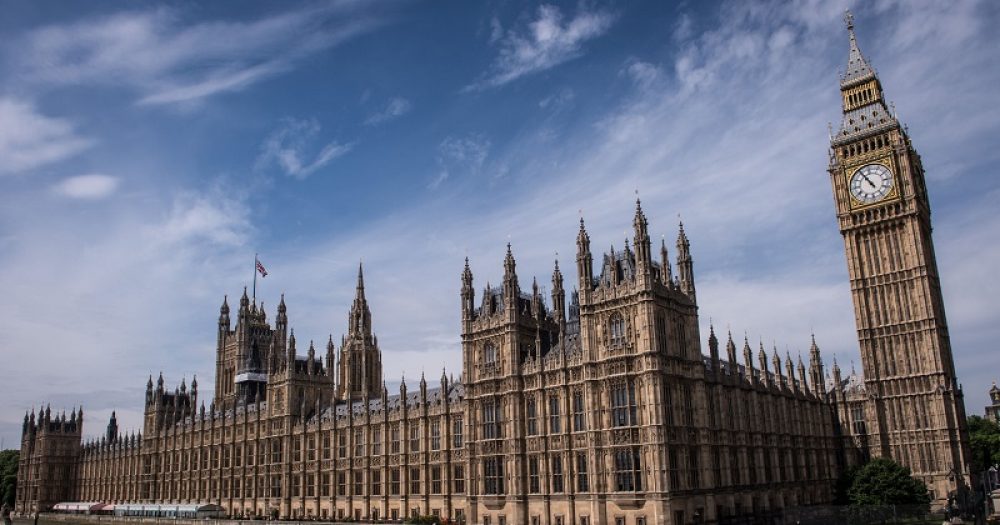Being in the privileged position of re-elected Chair of both the best and most important select committee at Westminster (and I’m not at all biased), I welcome the clear enthusiasm and passion for our role shown by Mark Lehain and Debra Kidd in their open letters to the new committee.
It is absolutely right that we should be hearing from as broad a range of people as possible – children, parents, carers and teachers with wide and varied experiences and not just the usual suspects from charities, unions and other organisations. In the last Parliament, we were determined to do just that. Standing up for the most vulnerable and disadvantaged and giving them a voice guided everything that we did.
Children and young people, along with their parents and carers, were at that very heart of our deep and wide-ranging inquiry into the problems faced every day by youngsters with special educational needs and disabilities whose families were all too often left battling for support. We collected the stories of struggles from several hundred families and heard first-hand from children and parents. These are the most important people to listen to if we are to truly understand the flaws in our system that need fixing.
Families are the most important people to listen to
Some of our most exceptional and eloquent witnesses have been young people who have been given a voice by a Committee determined to do things differently. I will never forget sitting and listening to those who had spent time in foster care sharing their experiences late in 2017, only a few months into our work. They made a huge impression on us all during a moving roundtable discussion with the Minister. I was pleased that the procedures of the House of Commons were flexible enough to allow the young people to participate in the committee’s scrutiny.
Or the remarkable students from Middlesex University – a non-Russell Group institution – who came in to talk about the challenges and opportunities posed by the rise of artificial intelligence and the fourth industrial revolution. Their session with Pepper the Robot, our first non-human ‘witness’, brought new exposure to the work of the Committee, breaking out beyond the Westminster and education sector bubbles to reach a new audience.
I am incredibly proud of the Committee’s track record in setting the agenda and leading the way in listening to often neglected groups – from children and families scarred by school exclusions through to apprentices of all ages looking to get on in life.
While we politicians must never be complacent and there is always more to do, we have always tried to make the Committee accessible to the many, rather than the chattering-classes few.
We must of course base our findings on the evidence we’ve heard, but for those moaning about the need for a wider range of witnesses, it’s important to remember that our inquiries are open to all to submit evidence through our website.
In my pitch for re-election, I set out my renewed determination for the Committee to continue to help young people, whatever their background, climb up each rung of the ladder of opportunity. It is only by showing we have listened to all those who share our passion for helping the most disadvantaged in society transform their lives that the Government will sit up and act on our recommendations.
I’m convinced therefore that new members, from all sides, will want to ensure the Committee leads the way in giving a voice to those not normally heard, bringing people together, to champion social justice. Working together, and engaging with you all, we can help make sure we improve people’s lives and ensure that the Department for Education delivers for all parts of the education and children’s social care systems.








Congratulations, Mr Halfon, on being re-elected as chair of the Education Select Committee. Your committee has done excellent work in the past (that’s probably why Michael Gove hated cross-party committees). However, recent changes of government mean inquiries begun by previous education select committees are not carried forward. Forget advice to read books and revisit some of those old inquiries. The ‘purpose and quality of education’ would be a good place to start. https://www.parliament.uk/business/committees/committees-a-z/commons-select/education-committee/inquiries/parliament-2015/purpose-quality-education-england-15-16/